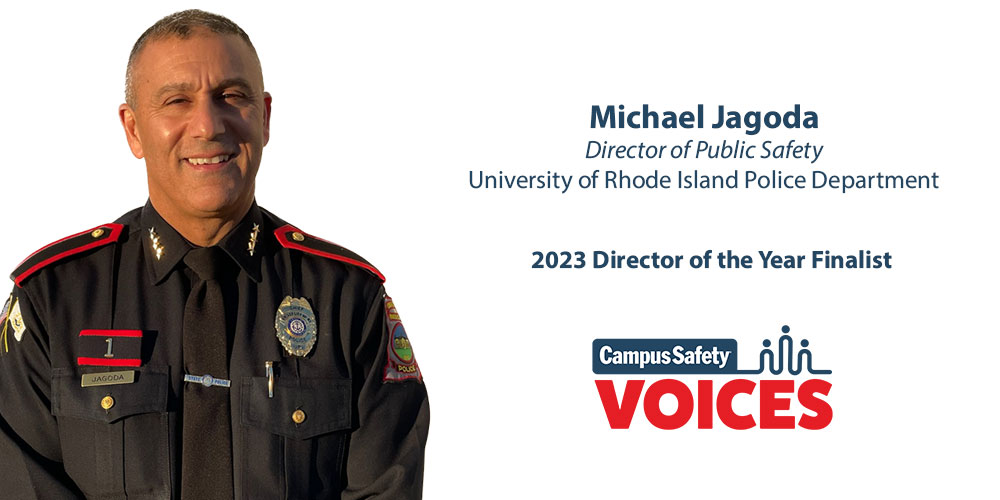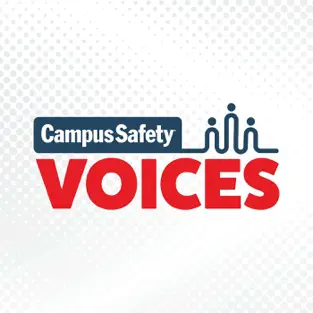A fall 2019 survey of approximately 167,000 students at two- or four-year colleges found 39% had experienced food insecurity in the previous 30 days. Similarly, in the fall of 2020, the same survey of more than 195,000 students found 34% experienced food insecurity. Food insecurity has proven to impact college students in significant ways. A 2021 study published in the National Library of Medicine found less than half of first-generation college students who experienced food insecurity went on to finish their education, further widening the social divide.
On college campuses throughout the country, there are various departments and organizations working diligently to improve food access. At the University of Rhode Island, the police department is one of them (1:44).
“As a public land grant institution and the largest university here in Rhode Island, we started a community policing program under me, and a lot of the feedback we received from our officers — especially our full-time community resource officer — being in the dining halls and out in different areas of the university were some food insecurities. A lot of our students are first-generation students and they’re just basically able to afford their education, nevermind room and board and different things like that,” said URI Police Chief Michael Jagoda, a 2023 Campus Safety Director of the Year finalist. “Some of our community policing outreach programs are related to food events. We have a grill, hot dogs, popcorn, and grilled cheese, and it gives us an opportunity to engage with our stakeholders — our students — to really break down those barriers, get out of the cruisers, and have those critical conversations and really build trust with our community members.”
[promo_content slug=”2023-doy-winner-announced-at-csc”]
Through those conversations, Jagoda and his department found it was the only meal of the day for some students, motivating them to host more food-focused events. The department hosts around 20 of these events annually and ensures they are in convenient locations for students to grab food while heading to their classes. So far, they’ve handed out over 4,400 hot dogs, 2,500 grilled cheeses, and 5,400 bags of popcorn, in addition to cases of water.
The department has also held fundraisers and food collection events to help the Dean of Students Office with keeping its food pantry full. Immersing themselves among the student population through these events has helped create direct lines of communication for students who may not otherwise feel comfortable going out of their way to ask for help (5:55).
“It’s two-fold for us: it’s really helping an essential need of food for our students, and it also helps us build trust and confidence with our community members — engaging, having those partnerships, addressing concerns and issues,” said Jagoda. “So when we have a major incident here at the university, we’ve already broken down those barriers and our students really feel comfortable with our police officers in terms of that.”
The department also discovered additional needs among students aside from food insecurity by holding these events.
“Being a major university campus, we have a lot of different resources here on campus that we can get our students much quicker than one of our neighboring towns. It’s really helped us where we can direct them to those resources through the Dean of Students Office or through Student Affairs pretty quickly,” he said. “We’ve helped with different things such as mental health issues, domestic violence, and students having problems with academic counseling. We’ve found that some students don’t have proper and safe housing, and we’ve helped them with those kinds of resources.”
In this interview, Jagoda also discussed:
- Outreach programs the department leads within the greater community (9:45)
- Unexpected benefits from the community outreach events (19:20)
- How his response to the Sandy Hook tragedy as a member of the Connecticut State Police has influenced his dedication to thorough active shooter preparedness (15:52)
Watch the full interview here or listen on the go on Apple or Spotify.









